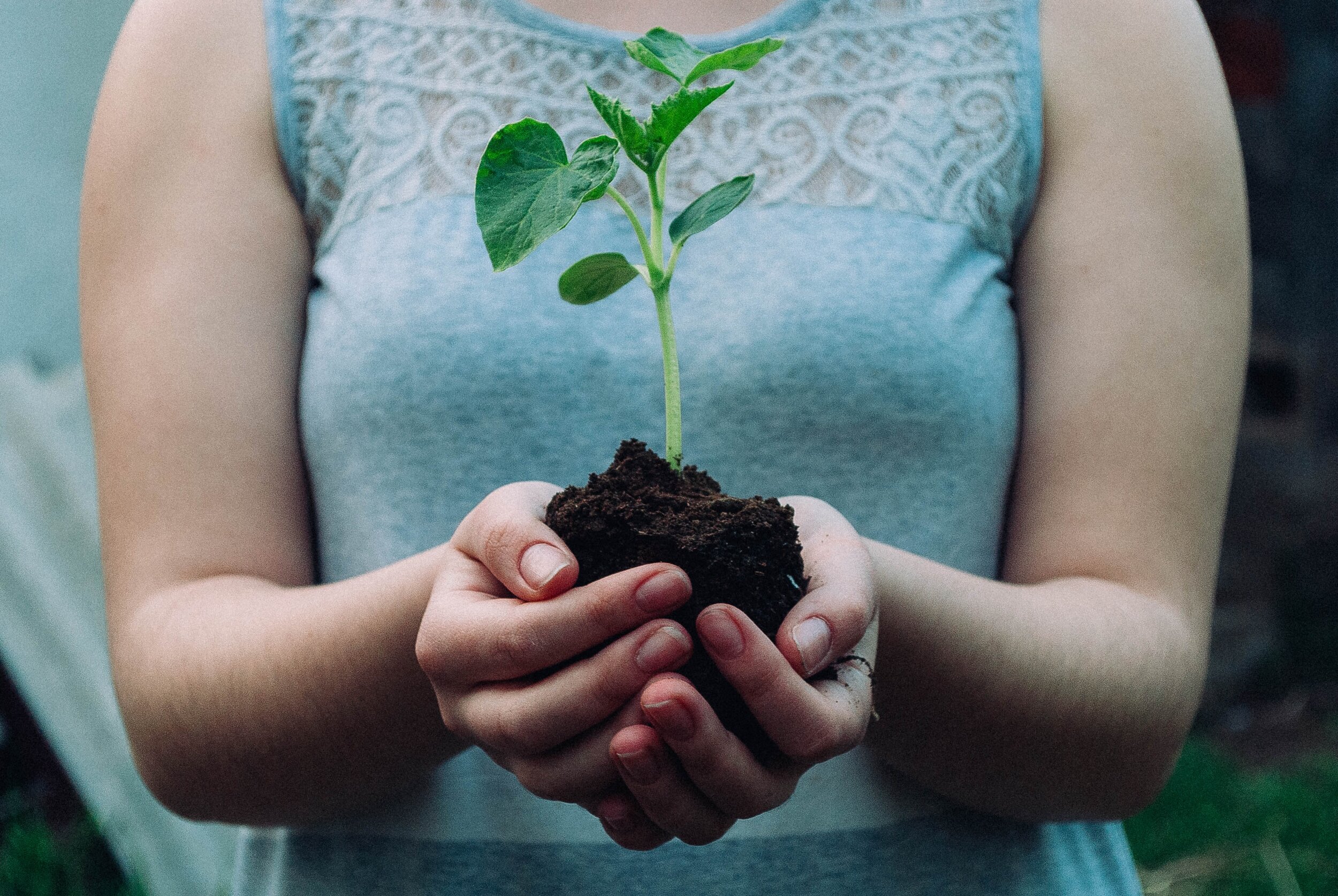Let Yourself Bloom: How Gardening Improves Mental Health
For thousands of years, mankind has found solace in nature. Great philosophers have often touted the healing powers of nature, but now scientific studies are lending credence to these claims.
Gardening has often been described as a calming hobby, but recent clinical research indicates that gardening is much more. Gardening can in fact be a powerful therapeutic tool for reducing anxiety and depression. Numerous studies have demonstrated that patients who begin gardening experience significant reduction in their levels of depression and anxiety. This is because spending time in nature can actually change a person’s brain activity - spending time in nature is associated with decreased brain activity in the prefrontal cortex, an area of the brain associated with compulsive thinking and anxiety (Lee, 2017). An experiment in the Journal of Health Psychology even found gardening to be more effective at reducing stress levels than reading.
For those hoping to use gardening as a therapeutic tool for themselves, I highly recommend incorporating mindfulness practices into your gardening experience. Practicing mindfulness techniques to ground oneself in the present moment has been shown time and again to decrease stress, anxiety, and depression, allowing patients to enjoy their lives more fully.
Spending time in nature gardening can of course not replace working with a mental health professional, but it can be a powerful tool to supplement one’s treatment. I’ll leave you with a quote by Ralph Waldo Emerson which I believe perfectly encapsulates the power that nature has on our mental wellbeing: “In the presence of nature, a wild delight runs through the man, in spite of real sorrows.”
Sources:
Lee, C. S. (2017, February 14). Gardening May Decrease Your Anxiety And Depression. Retrieved from https://www.anxiety.org/gardening-helps-reduce-symptoms-of-anxiety-and-depression

